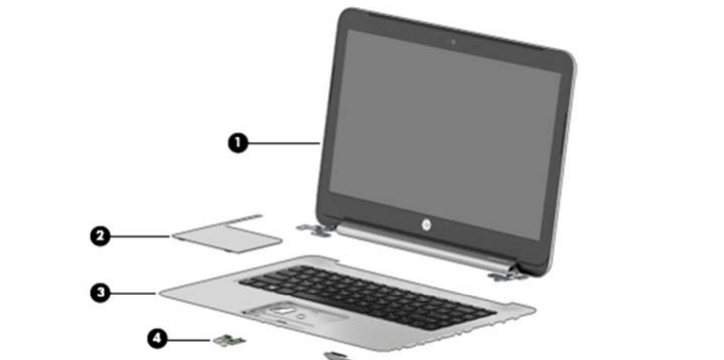Out this morning is a spec list for the forthcoming HP Stream laptop that will run Windows 8.1, and is expected to cost $199. It’s a device that Microsoft hopes will compete with Chromebooks, Google’s laptop offering that has consumed some PC market share, mostly among less expensive devices.
To make machines running its operating system more competitive, Microsoft has reduced the price of Windows for small and inexpensive machines. The Stream fits under that rubric.
For a blow-by-blow of what the Stream offers, especially when compared to what HP’s similar Chromebook 14 contains, Paul Thurrott has you covered.
What I want to point out today is that Google and Microsoft are using inexpensive PCs as a way to pick up more cloud storage market share: The Chromebook 14, comparable to the Stream, comes with 100 gigabytes of Google Cloud Storage for two years. Similarly, the Stream — which runs Windows 8.1 and not Google’s Chrome OS — will come with 100 gigabytes of Microsoft’s OneDrive storage.
Both companies currently charge $1.99 per month for 100 gigabytes of storage, or about $50 for two years worth of the stuff. Each company is willing to swallow that cost to make computers running their platforms more tempting.
The situation also underscores the fact that the price that companies can charge for cloud storage is rapidly approaching zero. If it is being given away in 100 gigabyte chunks, attached to devices that must generate small revenues to the companies providing the storage, there is strong pressure driving the situation’s economics.
Finally, the Stream will contain a mere 32 gigabytes in its cheapest configuration. That sounds slim. But given that the device has 100 gigabytes of cloud storage stapled to it, the figure isn’t so bad. And, lowering on-device storage helps OEMs build cheaper machines.
Consumers win in every direction.
